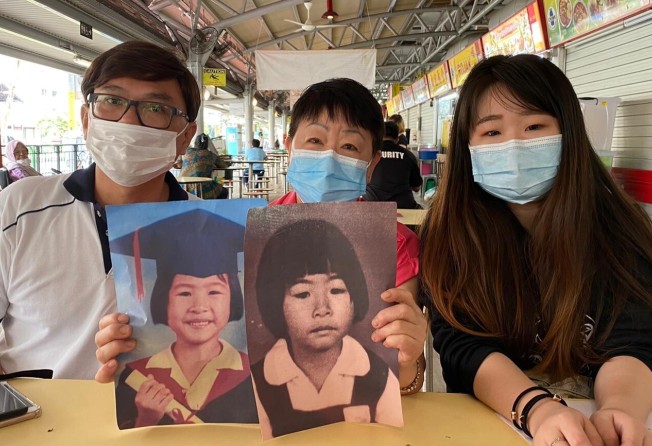Cold cases, warm leads? In Singapore, the unsolved murders of Lim Shiow Rong and Felicia Teo have gripped the nation
- Interest has been rekindled in the killings of seven-year-old Shiow Rong in 1995 and Teo, 19, in 2007, after a suspect was recently charged for the latter crime
- The development in Teo’s case motivated Shiow Rong’s sister Jia Hui to make a public appeal for information, and police are looking into the new tip-offs

Lim Jia Hui was a year old when her elder sister Lim Shiow Rong went missing in 1995. Then aged seven, Shiow Rong was last seen at a coffee shop on June 24 in the central Singaporean district of Toa Payoh. She had gone off to find her father’s friend while her mother was busy tending to patrons of her drinks stall – and she never returned.
Shiow Rong’s body was found the next morning, in a drain in the island nation’s northeastern region, roughly 7km from where she was last seen.
Print option is available for subscribers only.
SUBSCRIBE NOW